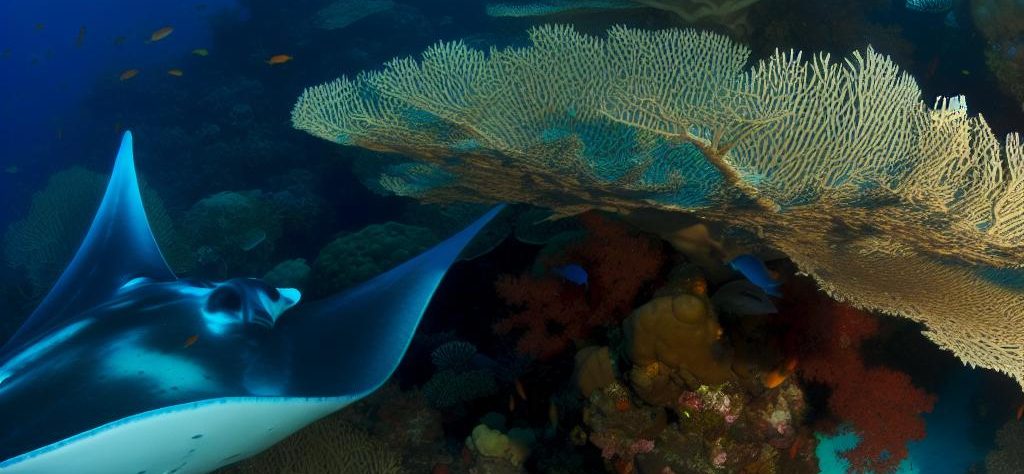Introduction to Whale Shark Interactions
Whale sharks, Rhincodon typus, are the largest fish in the ocean and are known for their gentle nature. They migrate through the tropical lines of ocean waters, offering incredible opportunities for human interaction without the threat they often associate with such gigantic marine creatures. In the Philippines, particularly in Donsol and Oslob, these gentle giants have become key attractions, drawing tourists from around the world. While both locations offer marine enthusiasts the chance to observe these magnificent creatures in their natural habitats, the nature and impact of these interactions differ significantly, reflecting a broader conversation about wildlife tourism and conservation.
Whale Shark Interactions in Donsol
Donsol, situated in the province of Sorsogon in the Bicol Region of the Philippines, has cultivated a reputation for its commitment to sustainable whale shark tourism. This commitment began in the late 1990s when local government and environmental organizations recognized the need to protect these awe-inspiring creatures while still allowing communities to benefit from their presence.
Responsible Tourism Practices
The guiding principle in Donsol is to maintain the integrity of eco-tourism. This principle is upheld through various practices and regulations aimed at ensuring the whale sharks are not disturbed by human activity. Visitors who wish to interact with the whale sharks must attend a mandatory briefing session. This session underscores the importance of respecting the marine environment and the creatures that inhabit it.
Guidelines include a mandatory minimum distance that swimmers must maintain from the whale sharks to avoid disturbing them. Tourists are strictly prohibited from touching or riding the sharks, behaviors which can cause stress and potential harm to these animals. Furthermore, boats are not permitted to chase the whale sharks or attempt to corral them, which is a reflection of efforts to allow a more natural and less intrusive experience for both whale sharks and visitors. This eco-tourism approach has been praised by conservationists as it aligns with broader objectives to protect marine biodiversity and ensure the long-term sustainability of whale shark populations.
Whale Shark Interactions in Oslob
Oslob, located on the island of Cebu, features a distinct approach to whale shark interactions, which has sparked widespread discussion and debate among conservationists, environmentalists, and local communities. In contrast to Donsol, Oslob’s practice of feeding whale sharks to encourage them to stay in the vicinity offers a different interaction experience.
Feeding Practices and Implications
The practice of feeding whale sharks in Oslob entails local fishermen hand-feeding the whale sharks shrimp to keep them in the area. While this approach significantly raises the chances of sightings, enhancing the tourism appeal and providing considerable economic benefits to the local community, it also raises important ecological and ethical concerns.
One primary concern is that such feeding practices may alter the natural behaviors of whale sharks. By conditioning these creatures to expect food from humans, their natural migration patterns are disrupted, which can have several ecological implications. These changes in behavior may make whale sharks more vulnerable to shifts in the availability of food, such as plankton, and environmental changes like increases in sea temperatures.
Environmental experts and some marine conservationists argue that such interactions may be unsustainable in the long term due to their potential impact on the natural life cycle and behaviors of whale sharks. Conditioning these creatures to associate humans with food may increase their interaction with other more harmful human activities, such as fishing, thus elevating their risks of injury or death.
Regulations and Community Engagement
In response to these concerns, the local government, in collaboration with various stakeholders, has established regulations designed to mitigate potential negative impacts on whale sharks and their habitat. One such regulation is the restriction on the number of tourists allowed to partake in interactions daily and limiting the duration of each interaction.
Furthermore, the emphasis on community engagement and education continues to play a crucial role in balancing tourism with necessary conservation efforts. By involving the local community in educational programs and conservation initiatives, Oslob aims to foster a deeper understanding of the importance of protecting these marine creatures. Such programs help ensure that future generations can enjoy a thriving marine ecosystem, without compromising economic benefits derived from responsible tourism.
Conclusion
Whale shark interactions in the Philippines, particularly in Donsol and Oslob, encapsulate two divergent approaches to wildlife tourism. In Donsol, an environmental-friendly ethos governs interactions, prioritizing minimal human impact on nature. Alternatively, Oslob’s approach of feeding whale sharks creates direct interactions that offer immediate tourism rewards but come with broader ecological concerns. While each method possesses unique strengths and challenges, what remains clear is the ongoing necessity for dialogue and improvements in these practices. Through continuous efforts, there is hope for practices that sustainably balance protecting whale sharks and nurturing the economic prosperity of local communities. For more information on whale shark conservation efforts, visit organizations dedicated to preserving marine life and habitats through research and advocacy.

